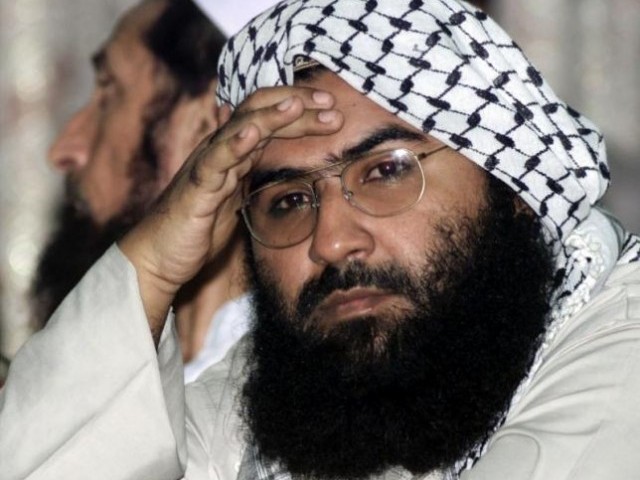
The case of Masood Azhar lingered on for 10 years at the UN. India first brought his case before the sanctions committee in 2009. Other countries, including the US, the UK and France, backed the Indian bid. But every time China, on behalf of Pakistan, scuttled those efforts by placing a ‘technical hold’ on the resolution. But when on April 29, P-3 or three permanent members of the UNSC namely the US, the UK and France moved a fresh resolution in the sanctions committee, the deal was already sealed. On May 1, the UN sanctions committee finally placed Masood Azhar in the list of global terrorists. The breakthrough became possible only when China eventually withdrew its objections to the move. India called it a ‘huge diplomatic win’ while Pakistan took solace in the fact that Masood Azhar’s listing came with references to Kashmir freedom struggle, the Pulwama attack and the Pakistani state institutions omitted. The Foreign Office also explained that China maintained technical hold on previous occasions because India wanted to equate the Kashmir freedom struggle with terrorism and also tried to implicate Pakistani state institutions.
Pakistan is insisting that it has taken the decision in its own national interest and has nothing to do with any external pressure. This line is good but only for domestic consumption. The outside perception is that Pakistan was left with no other option but to accept the decision, given the relentless efforts by powerful countries. This, unfortunately, has reinforced the perception that Pakistan acts against certain militant groups only when it is under international pressure. The past record shows the same. It was former military ruler Pervez Musharraf, who first buckled under international pressure to launch a crackdown on militant organisations in the wake of 2001 attack on the Indian parliament. The incident brought Pakistan and India almost close to a war. The tensions only eased after the Musharraf regime agreed to ban several militant outfits, including the JeM. But he had to face backlash from those outfits as Musharraf in one of his recent TV interviews claimed that the JeM was behind the assassination attempt on him in Rawalpindi. He also admitted that he could not move against the JeM because until 2007 the group was used as proxy to further Pakistan’s interest. It was because of this reason that Pakistan for long has struggled to improve its anti-terror credentials despite paying huge sacrifices both in terms of men and material. For example, Pakistan’s oft-repeated claim that its fight against terror was not selective raised many questions when we opposed the listing of Masood Azhar for a good 10 years.
But there appears to be a realisation now in Pakistan that the past policies are no more tenable or beneficial for the country. Even Prime Minister Imran Khan publicly conceded that those groups were created by Pakistan but now they have lost their utility. There is a realisation within powerful quarters that Pakistan should gradually phase out all those groups, which were once used by the state for strategic interests.
Therefore, Pakistan should welcome the listing of Masood Azhar since the move is perfectly aligned with Pakistan’s current stated policy that does not permit any group or individual to use its soil for violence. The key to success, though, is that irrespective of what the outside world says, Pakistan must continue its fight against all elements which have now become its strategic liabilities.
Published in The Express Tribune, May 6th, 2019.
Like Opinion & Editorial on Facebook, follow @ETOpEd on Twitter to receive all updates on all our daily pieces.












COMMENTS
Comments are moderated and generally will be posted if they are on-topic and not abusive.
For more information, please see our Comments FAQ